Tag: data model
-
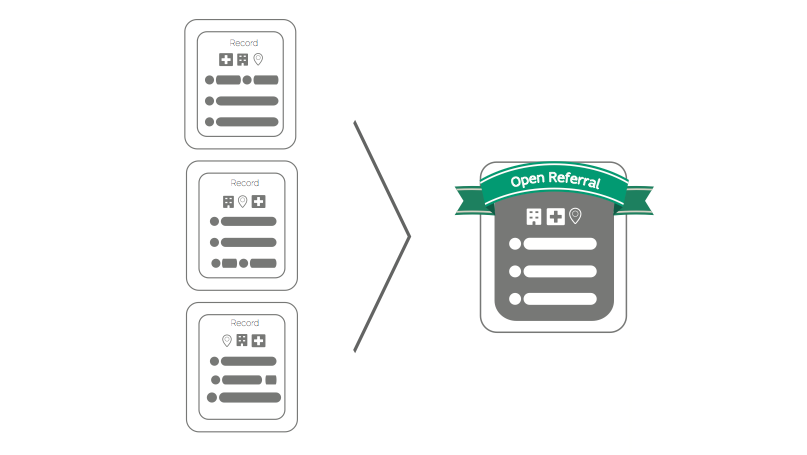
Upgrading our standards: Introducing version 3.1 of the Human Service Data Specifications
EDITOR’S NOTE: Welcome Kathryn Irish, Senior Data Analyst of Open Data Services, to the Open Referral blog! Also note: Open Referral’s new standing technical committee wants to hear from members of our community about your priorities and feedback for future … Continue reading →
-

Introducing Version 3.0 of the Human Service Data Specifications
UPDATE: As of May 1st 2023, this upgrade is considered official! Thanks to our workgroup and all those in the community who contributed input. Read below for details.[This post is from Dan Smith, Open Data Services Cooperative’s Partnerships Lead for Health, Social and Physical Activity Data. Welcome, Dan!] We are excited to share a proposal…
-
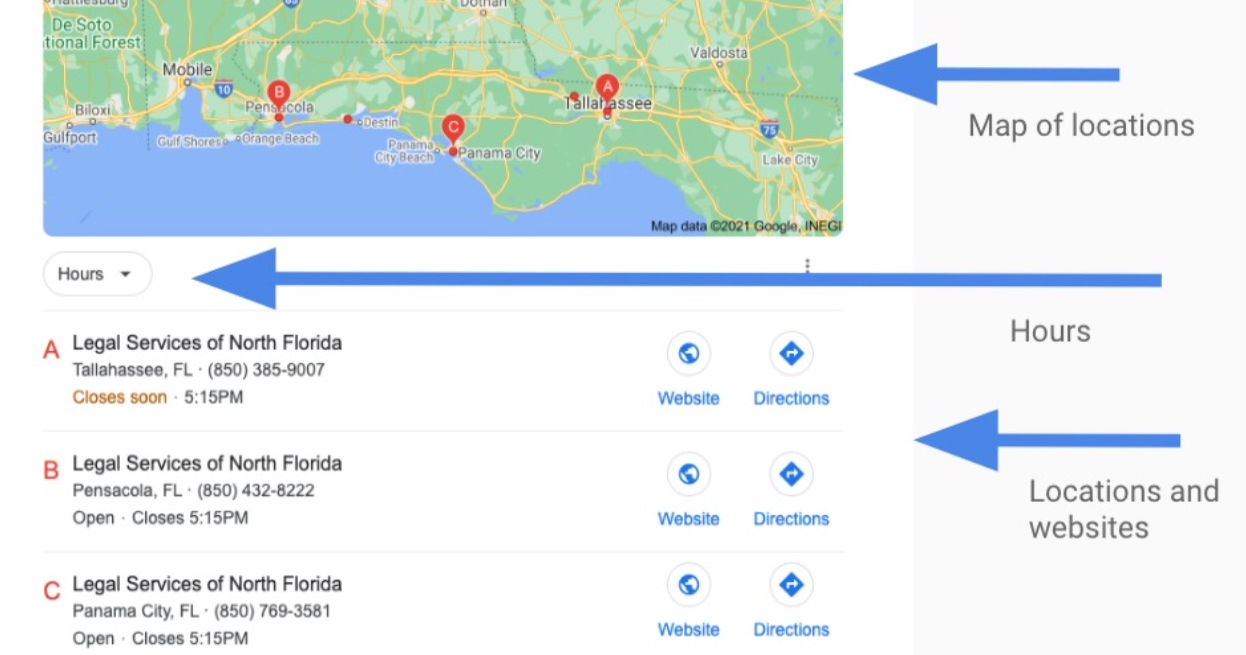
Improving access to legal aid by improving search results with schema.org
Despite the vast amounts of information on the Web, finding reliable information about legal services through internet searches is harder than many expect. Basic searches — for needs like assistance with evictions, help with public benefits, or protection from domestic violence — often turn bewildering as results on Google, among other search engines, typically seem…
-
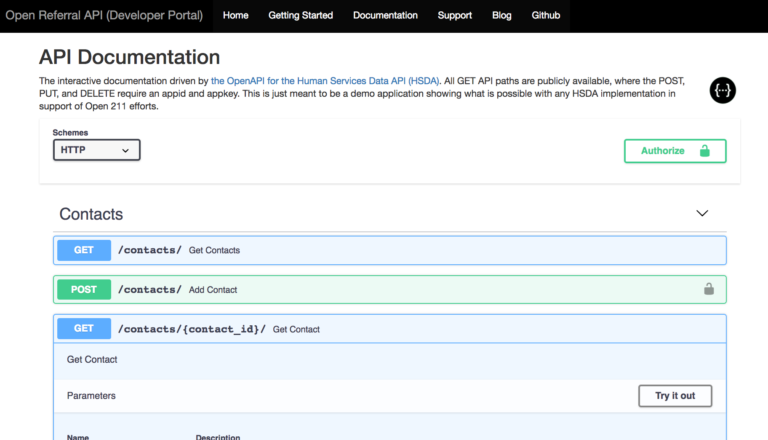
Version 1.1 of the Human Services Data API Specification
[This post is from Kin Lane, the API Evangelist, who is serving as Open Referral’s deputized Technical Lead for our OpenAPI specification project. Thanks Kin!] Version 1.1 of the Human Services Data API specification (HSDA 1.1) is now available for review and comment. This is an alpha implementation of our OpenAPI specification. It is built upon version…
-

Leveling up: documentation improvements and spec upgrade
Last year, Open Referral introduced Version 1.0 of the Human Services Data Specification — an open data exchange format designed to make it easier for different organizations to share standardized information about the health, human, and social services available to people in need. Since then, a broad range of organizations have used the HSDS to…
-
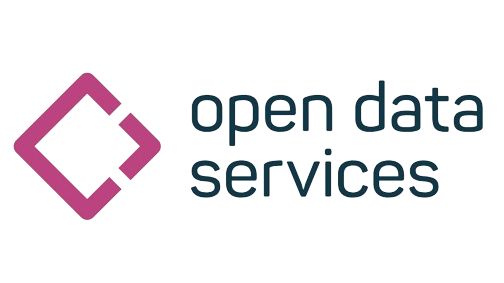
Meet the Open Data Services Cooperative
This post is from Tim Davies, founding member of the Open Data Services Co-operative. We’re really delighted to announce the Open Data Services Co-operative’s new collaboration with Open Referral on the Miami Open 211 project, and on wider developments of the Human Services Data Specification (HSDS). At the Open Data Services Co-operative, we’re passionate about…
-
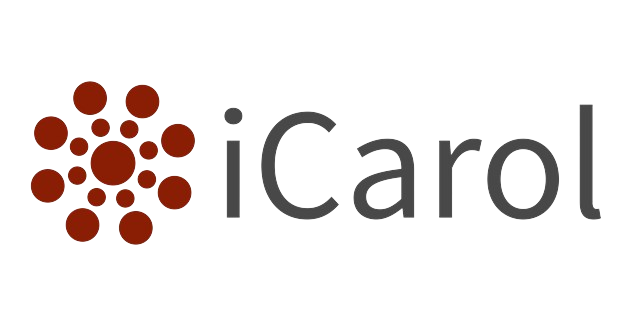
iCarol announces support for exporting data to Open Referral’s Human Services Data Specification 1.0
For many years, leaders in the Information & Referral (I&R) industry have sought to improve the reliability of exchanging the data they curate about social and human service providers in their community, with partners. In any given region or metropolitan region, it is important for these providers to know about other providers so they can…
-
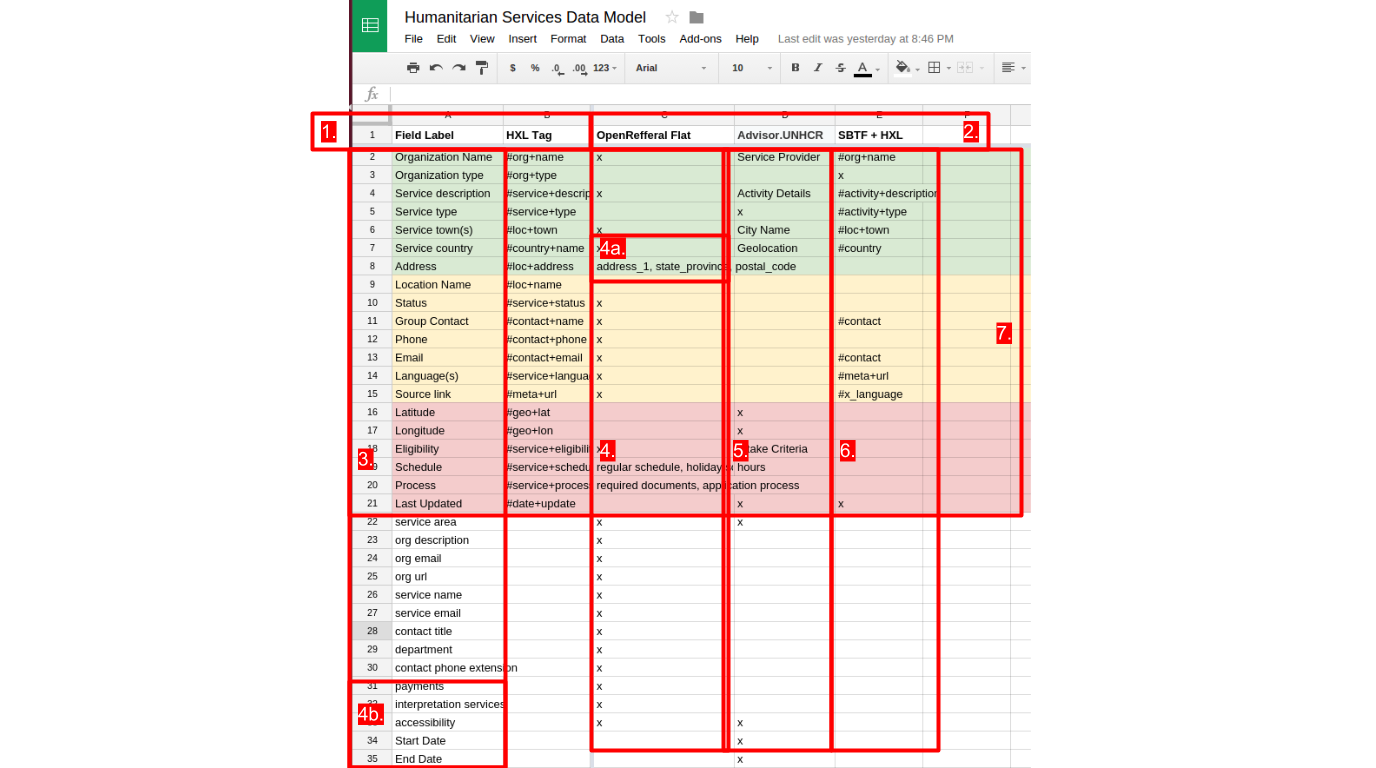
Introducing the Humanitarian Service Data Model
Immediately after a disaster, information managers collect information about who is doing what, and where, and then turn this information into “3W Reports.” While some groups have custom software for collecting this information, the most widespread tool for this work is the spreadsheet. (Indeed, the spreadsheet is still the “lingua franca” of the humanitarian aid community, which…
-

Deep Dive into version 1.0
Earlier this month, we published version 1.0 of the Human Service Data Specification (HSDS). Let’s take a deeper dive into it. What is the Human Service Data Specification (HSDS)? The HSDS is a format for data exchange, specifically designed to enable the publication of machine-readable data about health, human, and social services that are available…
